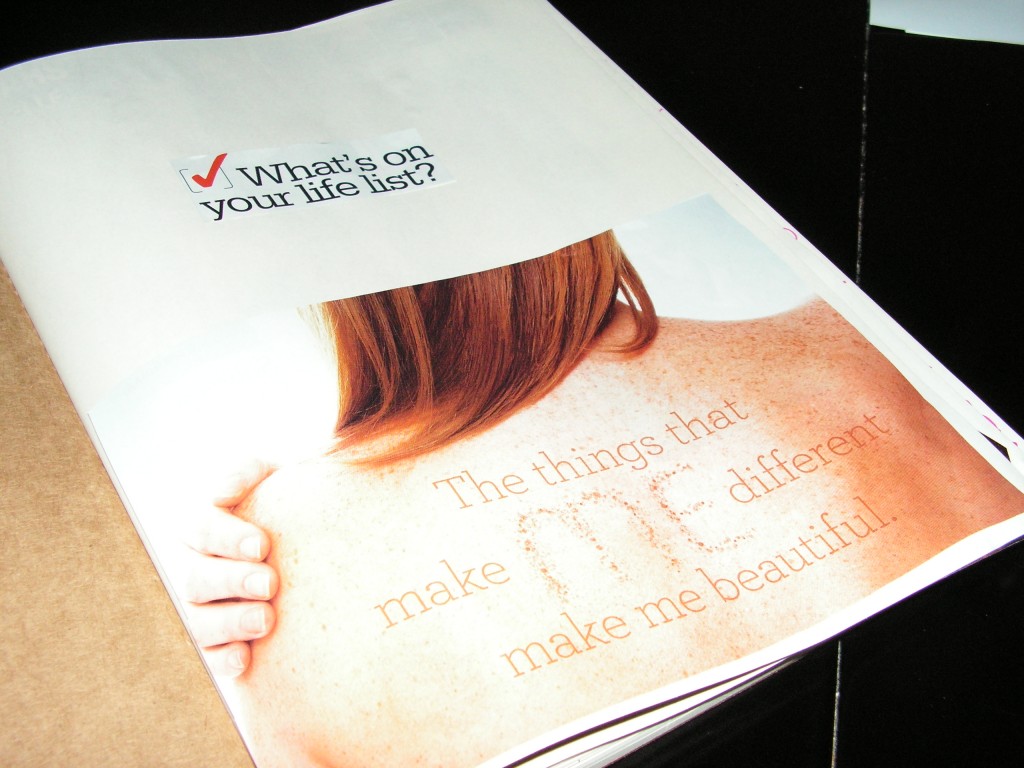I started journaling as a girl.
I had always been a reader, and writing became a natural next step for expressing myself. Soon I was processing everything I was experiencing on the written page. By high school, I had discovered that if I gave myself the time to think it through, I had far more answers to my questions than I could have ever imagined. Even more interesting, writing kept me safe because it made me incredibly self-aware. I couldn’t claim a truth in my journal- I want to do this or be this kind of person- and then behave differently in the world. If I wrote my dreams and hopes, I did everything I could to realize those things. What I learned was that there was incredible power in self-knowledge and practicing the personal leadership that would take me where I wanted to go.
Now, when I work with people who want to live more authentic lives, I always incorporate reflection exercises into our work to boost their own self-awareness. People typically know their answers if they will just give themselves the time, room, and quiet to listen for them. Because being in tune with yourself matters at any age and because who we are develops over our lifetime, having a reflection practice can be incredibly empowering. Want to incorporate more reflection into your life?
Try these four strategies to foster more reflection and self-awareness.
3 Small Questions When I teach journaling workshops, I often give participants a series of prompts that I call Three Small Questions. The catch is that they aren’t small questions at all. They are often big questions but what I want is short, simple, one sentence answers. Choose three questions from this sample list and answer them every day for a week. Then choose the next three questions or incorporate your own. Who am I? How am I? What do I need right now more than anything else? What did I learn today? How will I apply it? A year from now, what will I wish I had started today? What inspired me today? What challenged me today? What changed me today?
Intention Setting Start each day with either a one word intention that captures what you want to focus on that day or a one sentence answer to this question: What am I practicing today? Maybe your word will be connection, patience, grace, joy, peace or leadership. Maybe your answer to the question about practice is “I am practicing being more gentle with myself or others.” In your journal, capture the intention and why you’ve chosen it. At the end of the day, return to your journal and record how that intention showed up for you that day.
Friday Reflections At the end of each week, I complete the same exercise. Using my senses as a guide, I record what I tasted, saw, heard, smelled, felt that week. In those notes, I capture new recipes that I want to try again, unique family moments, the complete sensory sensations of a new experience or the every day things like the scent of cut flowers and the soaring of bats at night. I end each Friday Reflection with what I am wishing or hoping for in the week to come. Even if I complete no other reflection exercise for the week, this one always grounds me.
Happiness Box The happiness box is a great way to capture your world without having to write too much. Buy a box that speaks to you- it can be a beautiful wooden box or even a simple organizing box- and place it in a location where it will catch your eye often. Leave memories in it that bring you joy- a family photo, a Mother’s Day card signed by your three-year-old daughter, a locket of hair. Sometimes our memories don’t even need words; they simply need to live on in the very way they are embodied.
Do you have a journaling practice? How do you build your self-awareness?



